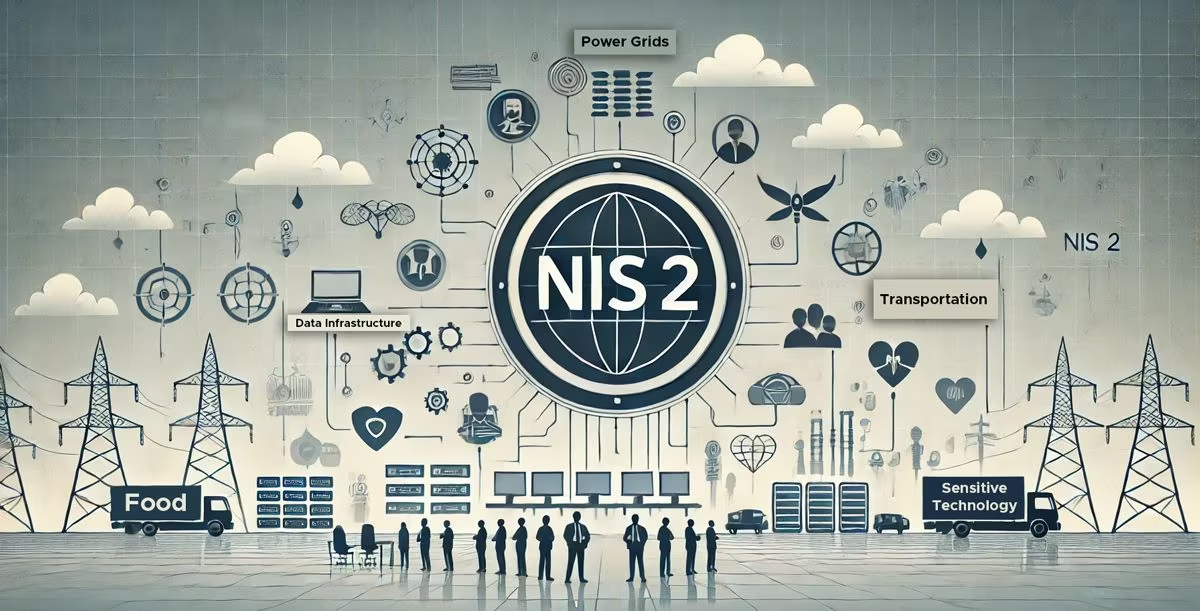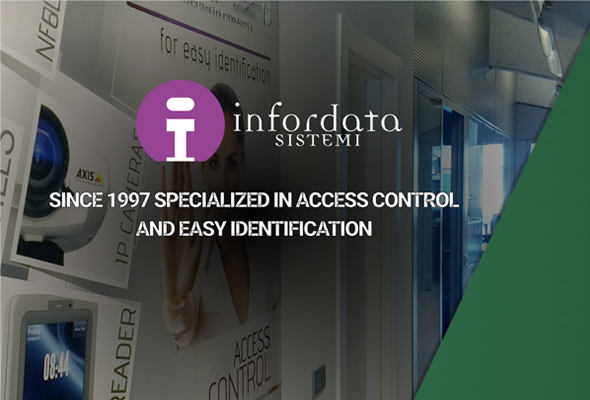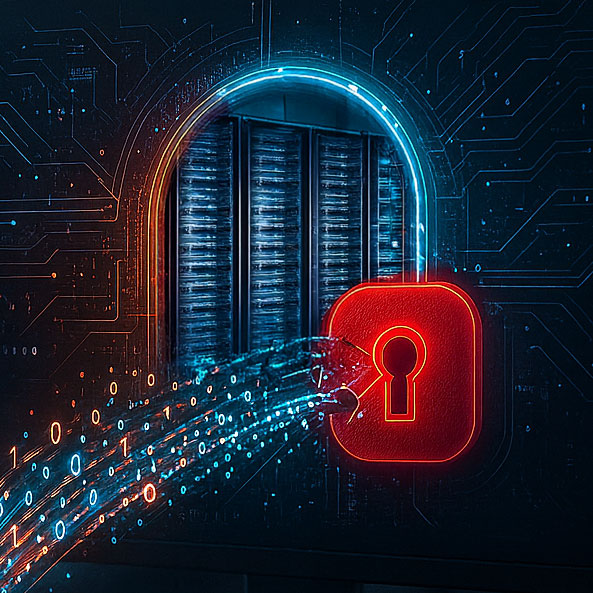Legal Implications of Non-Compliance
NIS 2 places legal obligations on companies to ensure they have adequate security measures in place, including the vetting of employees who have access to sensitive systems and data. Organizations found to be negligent in their background checks risk severe penalties, which can include fines up to €10 million or 2% of the global annual turnover, whichever is higher. Non-compliance can also lead to additional sanctions such as exclusion from public contracts or mandatory reporting to regulatory bodies. The directive applies to a broader range of sectors than its predecessor, covering industries such as healthcare, energy, transport, and finance. These industries are considered essential to the functioning of society, meaning any insider threat—whether malicious or inadvertent—could have devastating consequences.
Real-World Examples of Punitive Actions
Recent cases across the EU have demonstrated the potential consequences of failing to comply with security standards, including inadequate background checks. For instance, in 2023, a major energy provider in Germany faced significant legal action after a contractor with a criminal history compromised sensitive customer data. The organization had failed to conduct a thorough background check, resulting in both financial penalties and long-term reputational damage.
Similarly, in the UK, a financial services company was fined heavily for hiring an individual with a history of fraud, who later exploited his access to the firm’s systems. This incident highlights how failing to implement robust background screening not only violates legal obligations but also creates vulnerabilities that can be exploited by malicious insiders.
Trends in Employee Screening and Cybersecurity
With the rise of sophisticated cyberattacks and the growing reliance on critical infrastructure in the digital space, background screening has become a key focus for organizations. According to recent studies, insider threats now account for over 30% of all cybersecurity incidents, many of which could be mitigated with thorough vetting processes. Cybersecurity professionals are increasingly advocating for continuous, rather than one-time, background checks. With cybercriminals leveraging techniques like social engineering and deepfake technology, ensuring that employees maintain their integrity and reliability over time is crucial. Moreover, the rise of remote work, especially post-pandemic, has expanded the attack surface for cyber threats, making the need for stringent background checks on remote workers even more pressing. Workers who access critical infrastructure from offsite locations introduce new risks, and verifying their credentials thoroughly can help mitigate these.
Why Background Checks are Necessary for NIS 2 Compliance
For organizations operating within the EU, compliance with NIS 2 is not optional—it’s a legal obligation. Given the critical nature of the sectors covered by the directive, including healthcare, energy, and transport, the integrity of the workforce cannot be left to chance. Background checks serve as a vital tool to verify that employees entrusted with sensitive systems are qualified, reliable, and trustworthy. By conducting robust and thorough background screening, organizations can:
- Ensure that they meet legal requirements under NIS 2.
- Reduce the risk of insider threats that could compromise sensitive infrastructure.
- Protect against financial penalties and reputational harm.
- Foster a culture of security within the organization, which is crucial for maintaining compliance and operational resilience.
Background screening is no longer just a best practice—it is a critical component of any organization’s cybersecurity strategy, especially under NIS 2. Organizations that neglect this aspect of compliance are not only putting their operations at risk but also exposing themselves to severe legal and financial consequences.




